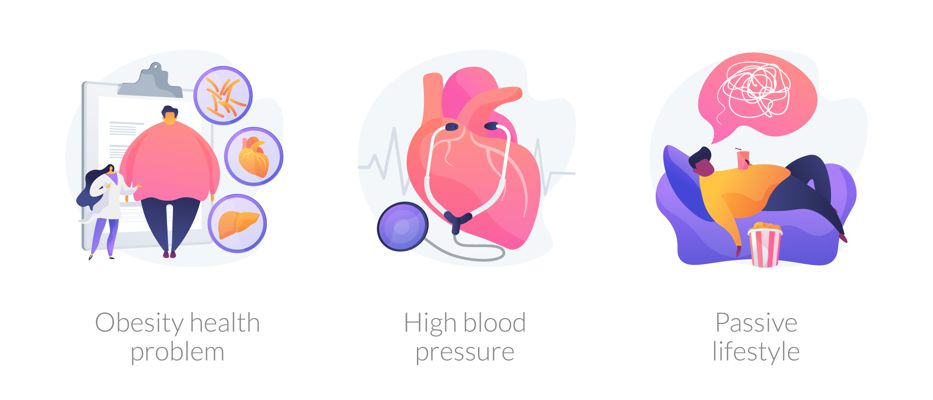Gastric Sleeve
Gastric Sleeve Surgery or Sleeve Gastrectomy is surgery for weight loss that involves removal of a large part of the stomach. After the surgery, the person feels full after eating a small amount of food. The surgery also makes people feel less hungry because a smaller stomach will produce lower levels of a hormone called ghrelin, which causes hunger.
When Should I Consider Gastric Sleeve Surgery?
Gastric Sleeve Surgery is a form of bariatric surgery, also called weight loss surgery. It is sometimes recommended for people who are very obese, or who have health problems caused by obesity. You should only consider Gastric Sleeve Surgery after trying alternatives.
The first step is usually to try changes to your food intake and your daily activity and exercise. There are also some medicines that can help people lose weight. Surgery is usually thought about only after these other options have been tried.
Losing weight after Gastric Sleeve Surgery can help reduce problems with type 2 diabetes, asthma episodes and blood pressure, and can help improve heart health.
How Do I Prepare For Gastric Sleeve Surgery?
If you are considering surgery, you are likely to need different tests to make sure that Gastric Sleeve Surgery is right for you. Your doctor will advise you about any changes you need to make to medicines and your diet in the weeks or days before surgery. And you will need to stop eating and drinking the night before you have the surgery.
What Happens During Gastric Sleeve Surgery?
The keyhole surgery is performed using a general anaesthetic.
The surgeon will use a stapling device to create a small tube or 'sleeve' in the stomach, then remove the rest of the stomach.
After surgery, the stomach will hold only about a fifth of what it did before.
During Gastric Sleeve Surgery, a large part of the stomach is removed.
What Can I Expect After The Procedure?
If you have Gastric Sleeve Surgery, you will first start with liquid foods. Over the next few weeks, you will change to pureed food, then to solid food. Your meals will be much smaller and you may have to stop drinking with meals due to your small stomach. You will need to make significant lifestyle changes after bariatric surgery to lose weight and keep it off. For example, you will get nutritional advice from a dietitian on how to change your eating habits to keep healthy while losing weight. Your meals will be much smaller than before. And you will probably take vitamins or other supplements for life. You will also have to, and be able to, increase the amount of physical activity you do.
How Much Does Gastric Sleeve Or Sleeve Gastrectomy Surgery Cost In Turkey?
Costs vary according to the reason for the surgery and its complexity. Factors influencing cost include: Your total cost, therefore, may include the likes of the surgeon’s fee, prescriptions for medication, post-surgery garments, medical tests, surgical facility costs, and anesthesia fees. Prices for a Gastric Sleeve will differ from patient-to-patient and surgeon-to-surgeon, depending on numerous factors. This includes the geographic location of the office, the type of procedure used, and the experience of the surgeon. The surgeon’s level of experience and your comfort with him are just as critical as the final cost of the Gastric Sleeve surgery.
The cost of the medical trip includes:
1- Transport service: A car and a driver will be with you throughout the medical trip, all transfers between the airport, hotel, hospital.
2- The translation service: includes a translator who will accompany you to translate into the French language (English, Russian, Arabic, Spanish).
3- It includes all the analyses, examinations and blood tests before the operation to ensure your state of health and your preparation for the operation.
4- Includes the cost of the process itself.
5- Nights at the hospital - Hospitalization.
6- It includes all the necessary medications and treatments for the recovery period after the operation.
7- It includes the medical supplies needed after the operation. Including corset (if patient has undergone liposuction and BBL) The silicone device for the nose (if the patient has undergone rhinoplasty).
8- It includes all visits and checks with the doctor after the operation to monitor the state of your health.
For more information, please contact us.





